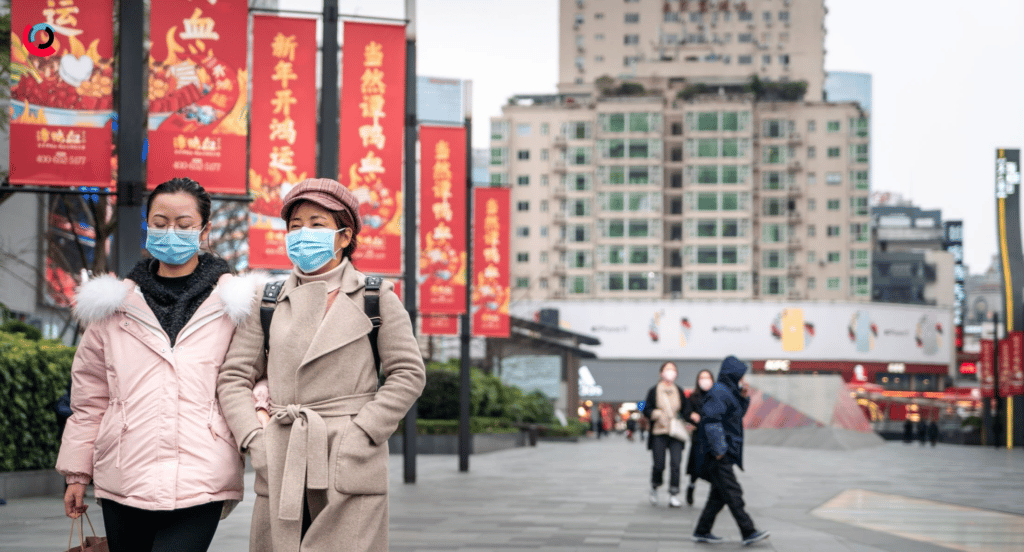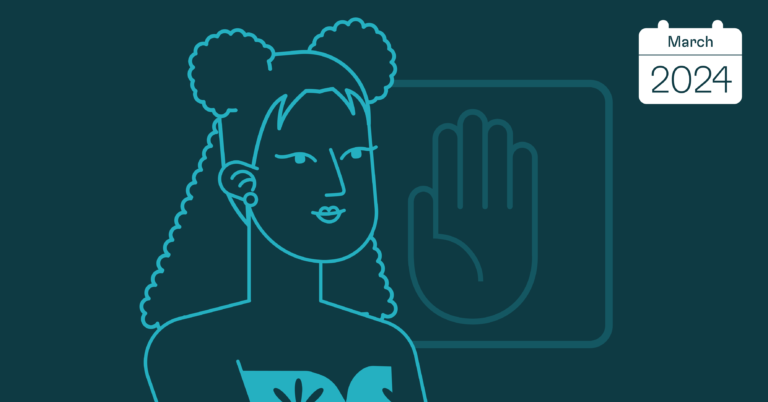By Paul Mutter
Introduction
Since 7 December 2022, China’s “Zero-COVID” approach has been gradually discarded by the authorities. Available information indicates that public health lockdowns have been lifted nationwide, travel restrictions relaxed and, on 13 December 2022, the national Communications Itinerary Card app was shut down for good. The much-disliked colour-coded entry restrictions and invasive movement tracking functions vanished after three years.
Moreover, authorities announced that lockdowns will no longer be imposed in response to COVID-19 cases and arriving international travellers will not be required to quarantine from 8 January. What accounts for this sudden shift, one that health experts warn could see over 1.6 million excess deaths and inflict major economic damage over the following six months? We previously assessed that lockdowns would be extended into 2023 until an effective elderly vaccination campaign could be carried out, something that has not actually happened and will not happen in time to head off what appears to be the start of a Winter virus surge.
Anti-lockdown demonstrations and strikes over the Fall and early Winter of 2022 rattled authorities and prompted a climbdown on some of the most unpopular measures. In addition, appearing to change course due to public pressure sets a precedent that the Communist Party of China does not want to set. For fear of this, the protests were almost entirely repressed with mass arrests in a matter of days at the end of November 2022 and have tapered off.
We also assessed, however, that Chinese leaders’ need to present themselves as competent administrators would dictate when the transition away from Zero-COVID will take place. It appears that the time for this shift has now come. It is likely that the central authorities assessed that the impending Winter virus surge would have overwhelmed the Zero-COVID approach and therefore decided to rescind measures that were likely to fail anyway.
Zero COVID cannot fail, it can only be failed
This decision at the top reflects an institutional fixation with avoiding blame but also responding as best as possible to earlier decisions that have set China down this path. Due to bureaucratic and nationalistic reasons, China has not participated in the international efforts to develop and distribute mRNA vaccines, believing that its own products are just as effective and that the efficacy of others is exaggerated.
Therefore, this solution, which all of the world’s other major economies have embraced, is unavailable to Chinese health officials. Even if the central government decides to change this policy, it would take up to a year to actually implement and reach a critical mass of immunisation.
Up until the protests began, it appeared that the central government was willing to try managing the Omicron variant with lockdowns, domestic-manufactured COVID-19 vaccines and immunity from prior infection, despite their inefficiencies and high social and economic costs. But the protests, and lagging infection indicators, showed that continuing Zero-COVID into 2023 would require a massive investment in resources, continue to hold back China’s economic recovery and risk further public non-compliance. Once peak infections are reached, authorities believe that “living with COVID-19” will become the new normal and economic recovery can truly get underway.
While the central government has officially reported no new COVID-19 deaths since the easing of measures began, anecdotal evidence from media reports suggests that a surge of fatalities among elderly people has already begun, with funeral homes and crematoria unable to keep up with demand. And these deaths did not happen overnight. Instead, they reflect the rising tide of new Omicron infections, especially among the elderly, already underway in the Fall months.
A crash program is now underway to stockpile medicines and oxygen, surge medical personnel and distribute other resources. News reports, though, present a dire picture of shortages and staff infected while treating patients.
Not only have the mass testing and quarantine sites been shut down, public health officials now actively discourage testing and encourage self-isolation at home. Fewer tests and fewer quarantine beds, though, also mean official case numbers stay low. Moreover, authorities are no longer recognising asymptomatic cases as COVID-19 cases. However, ending Zero-COVID represents a significant gamble for the authorities, as the healthcare system is already straining.
It is likely that many of the deaths to come will simply not be attributed to the virus in order to maintain appearances and avoid admitting failure; officials announced that deaths of COVID-19 patients with any underlying disease will not be recognised as deaths from COVID-19. Local authorities will be left holding the bag and enduring public ire as their resources are overwhelmed and they must choose whether or not to impose more stringent measures, which they likely will have to do.
The Lunar New Year (22 January-1 February) will prove to be a real test for this approach, being the first such celebration of the holiday without travel restrictions in three years and coinciding with projections for when peak infections are reached.
Will people refrain from travelling voluntarily, or will some restrictions have to be reimposed? So far, it appears that Chinese leaders are banking on the former, rather than risking political capital on the latter. What they are risking, though, is the emergence of new COVID-19 variants that could force them to again reverse course.
Summary
China lacks the mRNA vaccines that have allowed other countries to escape the cycle of mass death and disruption from COVID-19. Because of this, the authorities there have made a controversial choice to end lockdowns and hope that other forms of medical intervention plus voluntary self-isolation will bring the country through this public health crisis.
Paul Mutter is our US-based Head of Global Coverage.















